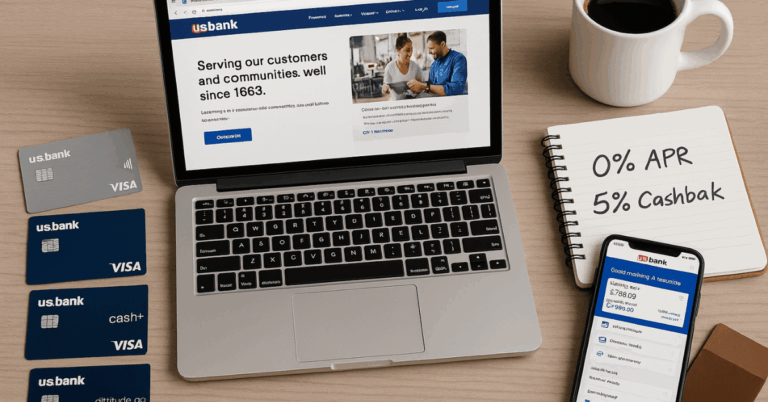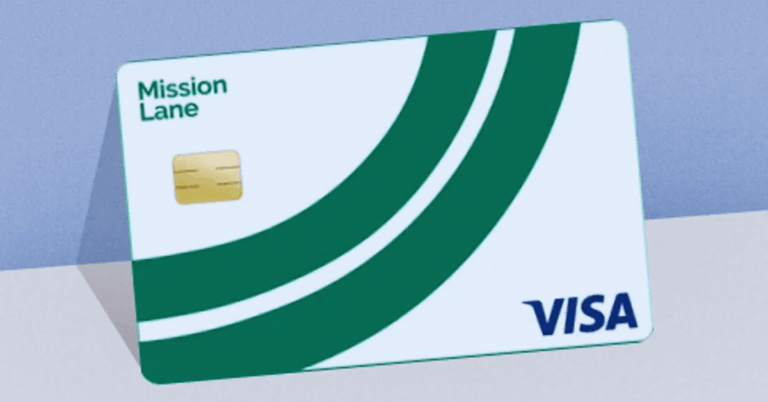Many people begin their hospitality careers by applying for waiter and waitress jobs in the USA. These roles don’t require advanced skills but do demand strong communication and a good work ethic.
This article guides you through the full process, from where to find jobs to how to apply and succeed. If you’re ready to start, here’s what you need to know.

Why Many Start with Waiter and Waitress Jobs?
The hospitality industry in the U.S. hires millions every year. It includes hotels, fast food, and full-service restaurants.
Waiter and waitress jobs are common entry points. These roles don’t need advanced skills.
They offer flexible hours and on-the-job learning. It’s a fast way to gain experience and move up.
Basic Requirements
Before applying, make sure you meet the basic work conditions. Most are simple and easy to prepare for.
Minimum Age and Work Eligibility
You need to be 16 or older in most states. Some jobs ask for 18+. A legal work status is required. Bring the right documents.
English and Communication Skills
You should speak clearly and politely. Good listening is also key. Most restaurants train in English. Clear communication helps with tips, too.
Physical Stamina and Hygiene
Expect to stand and walk for long hours. Carrying plates and cleaning tables is common. You need energy and good posture. Clean appearance is also required.
Education Level
Most jobs don’t ask for a diploma, but having one helps. It shows basic reading and math skills. It may give you a small edge. Some places may prefer it.
Where to Look for Jobs?
You can find these jobs online or in person. Use both to increase your chances.
Job Sites and Restaurant Websites
Check Indeed, Snagajob, and Craigslist. Many chains also post on their own sites. Use filters for city and role. Apply to recent listings.
Walk-in Applications
Go to local diners or cafés. Visit between 2 and 4 PM. Ask for the manager and bring your resume. Dress neatly and speak clearly.
Recruitment Agencies
Some hospitality agencies help with hiring. They may assist with paperwork. You might need to register. They often work with hotels and restaurants.
Referrals and Networking
Ask friends or family in food service. A good referral can help you get hired fast. Employers trust recommendations. Be ready to apply if someone refers you.
How to Apply Step-By-Step?
Once you find a job, follow these steps to apply properly. Keep things simple and clear.
Make a Short Resume
Keep it to one page. Focus on customer service or teamwork. Add your availability. Use clear formatting.
Write a Simple Cover Letter
Say why you want the job in 3–4 lines. Mention any experience or training. Add your available days and hours. Keep it direct and friendly.
Apply Online or In Person
Online: upload your resume and fill out the form. In person: go during off-peak hours. Hand your resume to the manager. Always be respectful.
Follow Up
Wait 2–3 days after applying. Call or visit again politely. Ask if they have time to review your application. Avoid busy hours.

Interview Tips That Make a Good First Impression
Interviews are your chance to show you’re serious and ready to work. These tips help you prepare and speak with confidence.
Dress Clean and Presentable
Wear simple, neat clothes. No need for fancy outfits, just clean and wrinkle-free. Make sure your shoes are also clean. Good grooming shows respect and readiness.
Be Polite, Direct, and Enthusiastic
Greet the interviewer with a smile and eye contact. Speak clearly and answer with short, honest replies.
Show interest in the job. Keep your tone positive and respectful.
Be Ready to Talk About Key Topics
You’ll be asked about availability and past experience. Be clear about the days and hours you can work.
Talk briefly about any customer-facing roles. Stay calm when asked about handling stress.
Expect Simple Scenario Questions
You might hear, “What would you do if a customer is rude?” Think of a short example or response.
Keep answers practical and respectful. These show how you’d handle real situations.
Skills That Help You Get Hired
These are the most important skills hiring managers look for. Focus on improving them before you apply.
Clear Communication and Listening
You must speak clearly and confidently. Always listen to what customers need. Repeat orders to avoid mistakes. Stay polite and calm even during busy hours.
Multitasking in Fast Settings
You’ll often do many tasks at once. Carrying plates, talking to guests, and cleaning tables. Stay focused and keep moving. Good speed and accuracy are valued.
Teamwork and Time Management
You’ll work with kitchen staff and other servers. Help when needed and share tasks. Stay on schedule and manage breaks wisely. Being dependable is key.
Basic Math for Handling Payments
Knowing basic numbers is important for:
- Splitting bills and checking change
- Handling tips and recording totals
- Using cash registers or card machines
- Avoiding payment mistakes
Expected Salary and Tips
Pay depends on your location and the type of restaurant. Know the averages before accepting an offer.
Hourly Pay Range
Some places pay $2.13–$7.25/hour, with tips making up the rest. Others pay $10–$15/hour plus tips.
States like California or Washington offer higher base pay. Always ask about minimum guaranteed wages.
How Tips Increase Your Income?
Most of your earnings come from tips. Here’s what to expect:
- Busy shifts (weekends, nights) bring higher tips
- Friendly service boosts your take-home
- Upselling and speed can improve totals
- Pooling tips is common in team-based settings
Estimated Weekly Income
Your weekly total can be $400 to $1,000+, depending on the place. More hours and better locations mean more earnings.
Fine dining and busy cities usually pay better. Keep track of tips for personal records and taxes.
Common Benefits You Might Receive
Not all jobs give benefits, but many do—especially in larger chains or full-time roles.
Free or Discounted Meals
Some places offer free meals per shift. Others give employee discounts. This saves you money and time. Ask if it’s part of the offer.
Flexible Work Schedules
Restaurants often allow custom shifts. You can work nights, weekends, or part-time. Good for students or those with other jobs. Be open to different hours.
Paid Sick Leave in Some States
States like California and New York require this. You may get 1–3 days off per year with pay. It depends on hours worked and local laws. Check the state rules where you apply.
Health Insurance Options
Big chains may offer medical or dental plans. This is more common for full-timers. Coverage may start after a few months. Always ask about the policy.
Growth and Promotion
If you work well, you can move up fast. Roles like host, bartender, or shift lead often open up. Some places offer internal training. Stay reliable and take the chance.
Tips for Foreigners or Immigrants
Here are a few key reminders if you’re new to the country:
- Make sure you have a valid work permit or visa
- Improve basic English conversation skills
- Focus on clean, polite service to overcome barriers
- Look for employers open to training newcomers
Bottom Line: What to Know Before You Apply?
Waiter and waitress roles are a smart way to enter the hospitality field. They offer simple steps to start and real room for growth.
You don’t need experience—just focus, effort, and communication. Learn the basics, show up prepared, and you’ll move forward fast.











